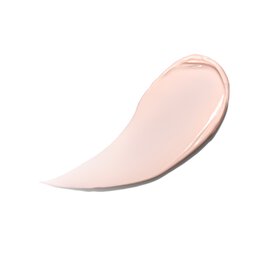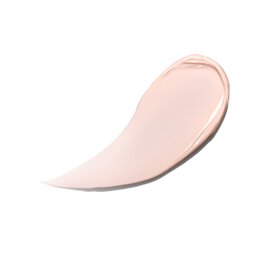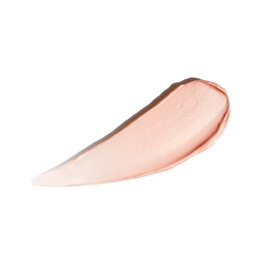How do collagen peptides help your skin to look firmer?
It seems that everyone is talking about collagen peptides these days. Anyone looking for an effective anti-aging cream can’t have escaped the term. But what exactly are collagen peptides for skin, why are they packed with benefits, and how do collagen peptides creams work?
What are collagen peptides anyway?
Peptides are short chains of molecules known as amino acids. They build the proteins that your skin needs to stay healthy, including collagen and elastin. Natural peptides exist in the body, but for skincare, they are produced synthetically. Biotherm’s Collagen peptide fractions are produced with a level of expertise that ensures they are stable, high quality and optimized to allow the skin to absorb them better.
Biotherm’s collagen peptides for skin are inspired by matrikines: these are the peptide fragments which are generated naturally when you have a skin wound, contributing to the healing process. They are involved in skin renewal and cell proliferation, making them ideal actives for younger looking skin, improved firmness and a natural glow.
The effect of collagen peptides on the skin
Biotherm’s Blue Peptides Uplift Creams make use of two peptides that mimic natural peptides – skin messengers known as matrikines. They act as "signal peptides," communicating with cells in the skin to stimulate the production of new collagen fibers. And when the production of new collagen fibers is boosted, that’s good news for your skin, as we’ll find out, below.
Why should I incorporate collagen peptides into my skincare routine?
So, what exactly is the benefit of using collagen peptides cream? Scientific tests show that collagen peptide fractions increase the production of different types of collagen, increase skin density and reduce fragmentation of skin fibers. This means they both reduce the density, depth and volume of wrinkles, while improving skin elasticity and tone.
In fact, collagen is right up there with hyaluronic acid as one of the most prized dermatological actives in anti-age skincare. While hyaluronic acid intensely hydrates and plumps up your skin, collagen peptides firm and improve tone, and impart a healthy, rosy glow to your skin. And our research has proven that, that Biotherm’s Life PlanktonTM actually boosts the capacity of collagen peptides to increase collagen synthesis, by an incredible five times!1
Are collagen peptides good for skin?
Judge for yourself: clinically proven results show that new Blue Peptides collagen peptides cream delivers a remarkable boost in skin firmness within just 4 hours2 – and an instant natural glow, thanks to its rosy texture. After 4 week there was enhanced skin lift and redefined facial contours3. Thanks to this, after 8 weeks, women remarked a heightened sense of well-being with these collagen peptides creams.4
What's the difference between collagen and collagen peptides?
The causes of rough and dull skin? Generally, just a siCollagen is a vital structural protein for our bodies, but its complex structure makes it difficult to absorb. In comparison, collagen peptides – or fragments of the collagen protein rather than the complete protein – are more accessible for the body. These peptides are more readily absorbed and used by the body for repairing tissue.
Can I use collagen peptide cream every day?
Absolutely. For daytime treatment, defense and protection, the Blue Peptides range has 3 collagen peptides creams. Blue Peptides Uplift Day Cream, Blue Peptides Uplift SFP 30 Cream or Blue Peptides Rich Cream for dry skin. If you’re not using an SPF Day cream, don’t forget to layer an SPF over your anti-aging face cream to preserve your collagen further! At night, skin needs a more nourishing collagen peptides cream to fully support its repair process, as it is at night that skin loses the most moisture. Blue Peptides Uplift Night Cream has a velvety restorative texture to support its nighttime renewal.
What age should I start using collagen cream?
Generally speaking, as with all anti-aging creams, you could start using collagen peptide cream in your mid to late 20s or early 30s, when your collagen production starts to decline. Other factors like genetics, lifestyle, and skin care goals may also influence your choice to incorporate collagen peptides into your skincare routine. Some see these creams as a preventative measure, while others wait until they start seeing the impact of a loss of collagen in fine lines, wrinkles or loss of firmness. Ultimately, it’s up to you when to start using collagen peptides cream, but if you have any doubts, consult your dermatologist.
1 In vitro test Life Plankton and Matrixil peptides activity association x5 versus Matrixyl alone
2 Instrumental test on skin firmness - 40 women, at 4 hours
3 Clinical Test on 50 women, after 4 weeks
4 Consumer Use Test on 50 women, after 8 weeks









